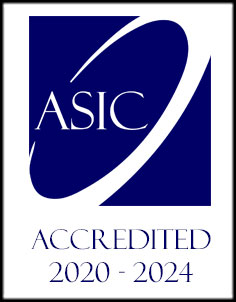Course Overview
The Council of Europe Gender Equality Strategy 2013-2018 states 'achieving equality is central to the fulfilment of the Council of Europe's mission: safeguarding human rights, uploading democracy and preserving the rule of law'.
Gender issues have become increasingly integrated into development and sectoral policy planning, and have been proven to be a crucial component of building an innovative society and successful economy, as well as to securing international financial support for many organisations. Nevertheless, despite there being increased awareness of the economic, social and political damage caused by gender discrimination, the UN has noted that the ‘gains have been too slow and too uneven'. This course examines and analyses a broad range of issues, such as the relationship between gender and development, education and health.
A strategic approach will be taken, which will enable participants to identify key stakeholders, barriers and planning techniques to address gender inequality in all aspects of governance, business and society. Through practical case studies and discussions with leading practitioners, delegates will develop comprehensive and clear plans to facilitate gender equity within their organisation.
Learning Outcomes
By the end of the course the delegates will be able to:
- Analyse the impact of gender mainstreaming in development planning
- Integrate gender equity into strategic planning processes
- Consider legislative initiatives to improve gender equality and reduce discrimination
- Designing and implementing gender budgeting
How You Will Benefit
- Understand how to integrate gender equity into strategic planning processes
- Consider legislative initiatives to improve gender equality and reduce discrimination
- Evaluate the outcomes of gender initiatives
- Understand intersectionality and cross cutting issues
- The opportunity to gain a recognised professional qualification
- Hear the latest insights, research and developments in from leading experts
- Network and share ideas with colleagues from around the world
- Enhance your skills and knowledge to address sustainable solutions.
Agenda
Day 1
• Gender equality conventions and international agreements
• Benefits and advantages of gender equality
• Gender disaggregation
• Human rights risk equation
• Gender mainstreaming standards
• Gender mainstreaming cycle
• Question & answer session
• Issues arising
Day 2
• Participatory approaches
• Gender planning and economy/employment
• Enabling factors for gender budgeting
• Gender budgeting and sustainable, inclusive growth
• Barriers for women and SGMs
• Intersectionality and cross cutting issues
• Question & answer session
• Issues arising
Day 3
• Practical implementation
• Campaigning
• Gender and peacebuilding
• UN Security Council Resolution 1325
• Sustainable economy and gender planning
• How to create a sustainable strategy
• Learnings from the course
• Discussion about what can be explored further

